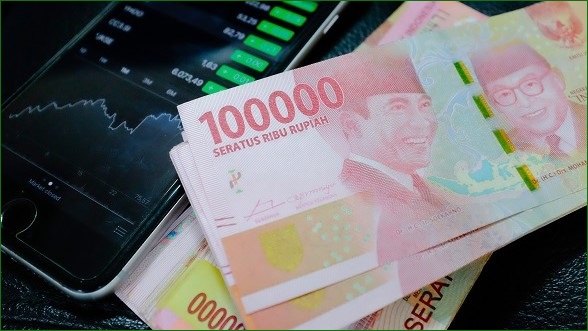Indonesia is planning to introduce huge tax concessions for tech companies in an effort to build more unicorns, as innovation competition in the Asia-Pacific heats up.
Joko Widodo, known as Jokowi, was recently re-elected as Indonesia’s president, and has adopted a lofty goal of getting the country’s economy into the top 10 around the world – and he plans to do it through growing the digital economy.
In an interview with the Nikkei Asian Review, Jokowi said that the country plans to implement large-scale tax breaks in an effort to nurture more unicorns - companies worth more than $1 billion.
“We want Indonesia to become a home for tech giants,” Jokowi told the publication.
“We have the market and skilled workers. And Indonesia already has four unicorns. We will always encourage new startups and give them room to grow.”
The “super deductible tax incentive” will provide a deduction in a company’s income tax if it invests money in skills or research and development, and it’s set to be a massive concession.
Jokowi said the tax break for skills training could be as much as 200 percent, while for research and development it could be as high as 300 percent. The scheme will apply to foreign companies as well as locals, so long as the research and development or training is being conducted in Indonesia.
This means that if an Australian company starts up a research and development centre in Indonesia with a $600,000 investment, it would be able to receive a reduction of taxable income of $1.8 million over five years, if it qualifies for the scheme.
The Indonesian government will be assessing each company trying to access the generous tax breaks, with the research having to have a major impact on the national economy, by increasing product competitiveness, increasing exports or more employment, for example.
“That means the unicorns are not growing alone – they must bring small businesses along with them,” Jokowi said.
What’s Australia doing?
The planned tax breaks may concern the Australian government, with one of its closest neighbours making a clear effort to attract global companies to its shores with hugely generous incentives.
The scheme is significantly more generous than Australia’s own similar research and development tax incentive.
Jokowi said the scheme would make investors “more enthusiastic” about putting large amounts of cash into Indonesian companies.
The proposed tax scheme was first proposed in the Making Indonesia 4.0 roadmap earlier this year, and has now been confirmed by Jokowi following his controversial re-election. The plan is now being considered by the finance ministry and is expected to be released as early as next month.
Indonesia currently has four tech start-ups: ridesharing company Go-Jek, online travel firm Traveloka, and online marketplaces Tokopedia and Bukalapak.
But the government is looking to significantly increase this number in the coming years, and has flagged education and healthcare as the most promising sectors for tech companies to grow in.
In the wide-ranging interview, Jokowi said he wanted to work to connect “online with offline ecosystems”, and for Indonesia to have the largest economy in south-east Asia by 2020.
He also indicated that Indonesia may not follow Australia and the US in banning Chinese tech giant Huawei from participating in its 5G network.
The country’s nation-wide 4G network upgrade is expected to be finished by the end of this year, with the 5G network to closely follow.
“The most important national interest is national security [and] Indonesia will make its own decision,” Jokowi said.
Australia is believed to have three tech unicorns, with Airwallex becoming the latest local company to be worth more than $1 billion in April, joining Atlassian and Canva.










